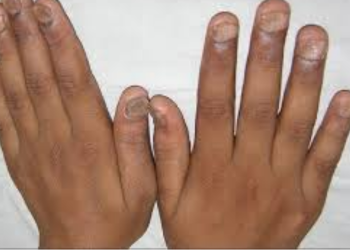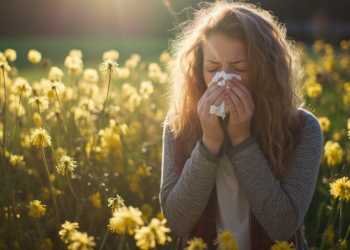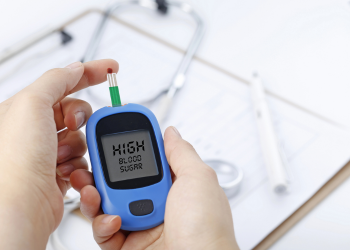Menopause

Menopause is a point in time when you’ve gone 12 consecutive months
without a menstrual cycle. The time leading up to menopause is called perimenopause.
STAGES OF MENOPAUSE
- Perimenopause or “menopause transition”: Perimenopause can begin eight
to 10 years before menopause. It usually starts when you’re in your 40s. At
this stage, many people may experience menopause symptoms. But, you’re still
having menstrual cycles during this time and can get pregnant.
- Menopause: Menopause is the point when you no longer have menstrual periods. At
this stage, your ovaries have stopped releasing eggs and stopped producing most
of their estrogen.
- Postmenopause: This is the name given to the time after you haven’t had a period for
an entire year.
SYMPTOMS
- Hot flashes, also
known as vasomotor symptoms, are a sudden feeling of warmth that spreads over
your body with a red, flushed face, sweating, and chilled feeling after the
heat.
- Night sweats and/or
cold flashes.
- Vaginal dryness that
causes discomfort during sex.
- Urinary urgency.
- Sleeplessness.
- Emotional changes (irritability, mood swings, or mild depression).
- Dry skin, dry eyes, or dry mouth.
- Breast tenderness.
- Worsening of premenstrual syndrome (PMS).
- Irregular periods or
periods that are heavier or lighter than usual.
- Racing heart.
- Headaches.
- Joint and muscle aches and pains.
- Changes in libido.
- Difficulty concentrating or memory lapses.
- Weight gain.
- Hair loss or thinning.
MANAGEMENT
- Avoiding triggers to hot flashes.
- Exercising.
- Joining support groups.
Diet:
- Soybeans.
- Chickpeas.
- Lentils.
- Flaxseed.
- Grains.
- Beans.
- Fruits.
- Vegetables.





